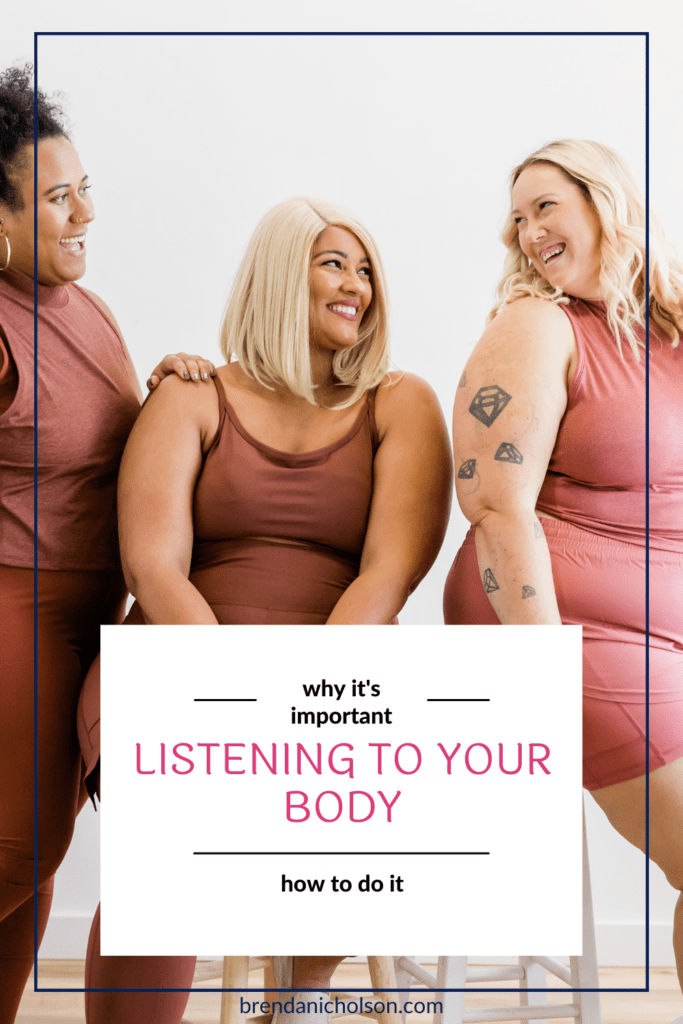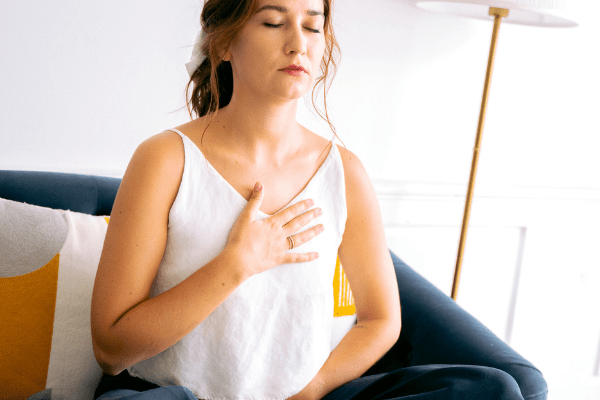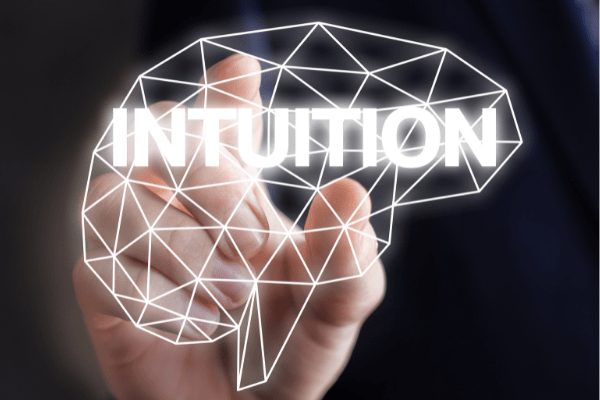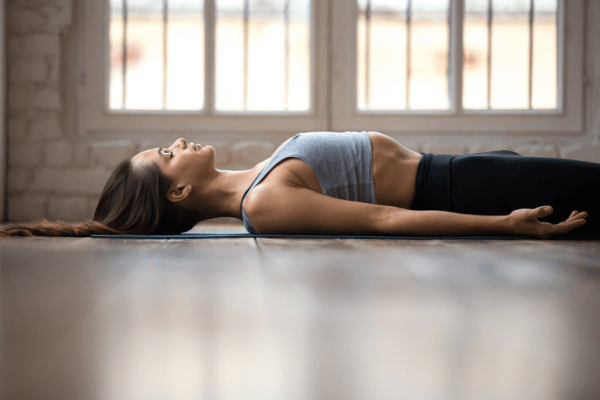
Eighteen months ago, I found out that I had had a heart attack.
When?
No idea.
How is it possible to have a heart attack and not know?
Apparently, it happens to women all the time. It’s called the silent killer.
Heart attacks are the leading cause of death for women over 55. Add the fact that you may not know you are having one, and that becomes very scary.
If I had known about listening to my body, would it have made a difference? I don’t know.
But I think it’s vital for all of us to practice it.
What is Meant by Listening to Your Body?
Listening to your body is quick and easy, and the more you do it, the easier it will become.
At its most basic, it just means paying attention to the signals that your body gives you.
You already do this, all the time.

You know when you’re hungry, tired, when you’ve injured something because you feel pain.
Actively listening to your body is going a little deeper.
You can do a quick scan using the CALM method. Check in with your chest, arms, legs, and mouth. It helps if your eyes are closed, but they don’t have to be.
What you’re looking for are sensations: things that you experience through your five senses. You can also call them feelings, but don’t mistake them for emotions.
For instance, anger is an emotion. The feelings or sensations you may experience include tightness in the chest, neck, or arms (clenched fists), and heat in those same areas.
Doing a scan will let you identify the sensations.
More About Scanning Your Body
There are many body scan meditations available online.
I’ve tried a lot of them. Many ignore the aspect of feeling and identifying sensations, or if they do, they fail to connect it to anything. They focus on things like feeling the air on your skin or the space between your toes. I don’t have time for that and neither do you.
The best one that I’ve found is this one from Palouse Mindfulness.
To be honest, I think it’s too long. I don’t have the patience.
What I do is something between the CALM scan and the full-body scan.
Most of us know where our body feels sensations when we’re feeling out of sorts, or even when we’re excited or happy.
If you don’t, try checking in with your body even if you already know what you’re feeling.
For instance, if you’re tired, stop and see what that feels like in your body. Does your body feel heavy or sluggish? Is your posture slumped rather than upright? How do your eyes feel? Are they burning or scratchy?
Then, the next time you notice any of these sensations, you can stop for a minute and check: am I tired? Do I need to rest?
Why Is This Important?
Big deal. You already know when you’re tired or hungry. Why should you do this?
A few reasons:
- If you’re feeling off, you need to ensure that it’s something simple and not something more significant.
- Feeling the sensations – once you know how to identify them – happens before you recognize the emotions that go with them. If you have anxiety or issues with anger, for instance, you can take steps to address them before they get worse.
- Your body sends you signals all the time because it’s trying to keep you safe and healthy. Learning to listen deeply can make you healthier.
Ever hear of gut feelings or intuition?

They’re real things; actually I guess the same thing by different names. It’s your body’s way of keeping you safe.
There’s a thing called the mind-body connection, and your body and brain work together to try and keep you safe.
About ten days ago, I listened to my body and could feel that my heart was not beating normally. I’ve been doing this sort of check-in daily since I learned about the heart attack.
There was a lot going on at the time, and I have been under a lot of stress for a while, so I monitored it for a couple of days. And then I went to the ER, because things were not feeling right.
It was the right thing to do. There was a difference in my heartbeat and now I’m in the midst of tests and doctor visits to find out what’s going on.
In the meantime, even before the ER, I started making changes: more deep breathing and meditation to help relax me, no more caffeine (there goes my iced tea), and a little mild exercise.
Maybe none of those changes will make a difference, but each doctor I spoke to supported them and considered them to be good ones.
Wouldn’t you want to be pro-active like that for yourself?
How to Listen to Your Body
When you first start out, find a quiet place and set aside ten or fifteen minutes. Get comfortable, close your eyes, and begin. You can use a short body scan meditation if you find one you like.

Concentrate on one area of your body at a time. You can start at your head or feet – whatever makes sense to you. And you can get as in depth as you want. If you really want to know the sensations you feel between your toes, go for it. I personally think that a day at the beach is a better time for that, but you do you.
All you are doing is noticing.
Right now, as I write this, I notice that my toes, left hand, and nose are cold. I can feel the sofa supporting my body, and because a sofa is not the best replacement for a desk, I also note that my neck and shoulders are a little tense.
That’s all you’re doing.
After a few times doing this, try it during the day.
Maybe you’re at work and you notice that your hands are clenched into fists and your shoulders are high and tense. You are under stress or possibly angry. You can explore this further if you choose. Sometimes we are tense and don’t realize it. (One of the things that I noticed with my stress is that it got worse when one of my friends was around. Something to think about.)
You can wait to explore the reasons behind the sensations if you like. For now, you can just practice noticing.
And it’s a good idea to get in the habit of checking for thirst, hunger, and fatigue. When was the last time you had some water, something to eat, or some rest? That may be all you need.
What Do You Do With This Information?
What you do depends on what the information is telling you.
If, like me, it seems serious, take action.
If you’re feeling just a little out of sorts, start with a glass of water. You’d be surprised how many times that helps.
But a lot of the information you collect is just for that – storing in your memory for reference.
Eventually, you’ll be able to recognize sensations and feelings and know what they mean. You will know more about your own body and what it’s trying to tell you. Remember, it wants to keep you safe and healthy.
So learn to respect it, take care of it, and listen to it.